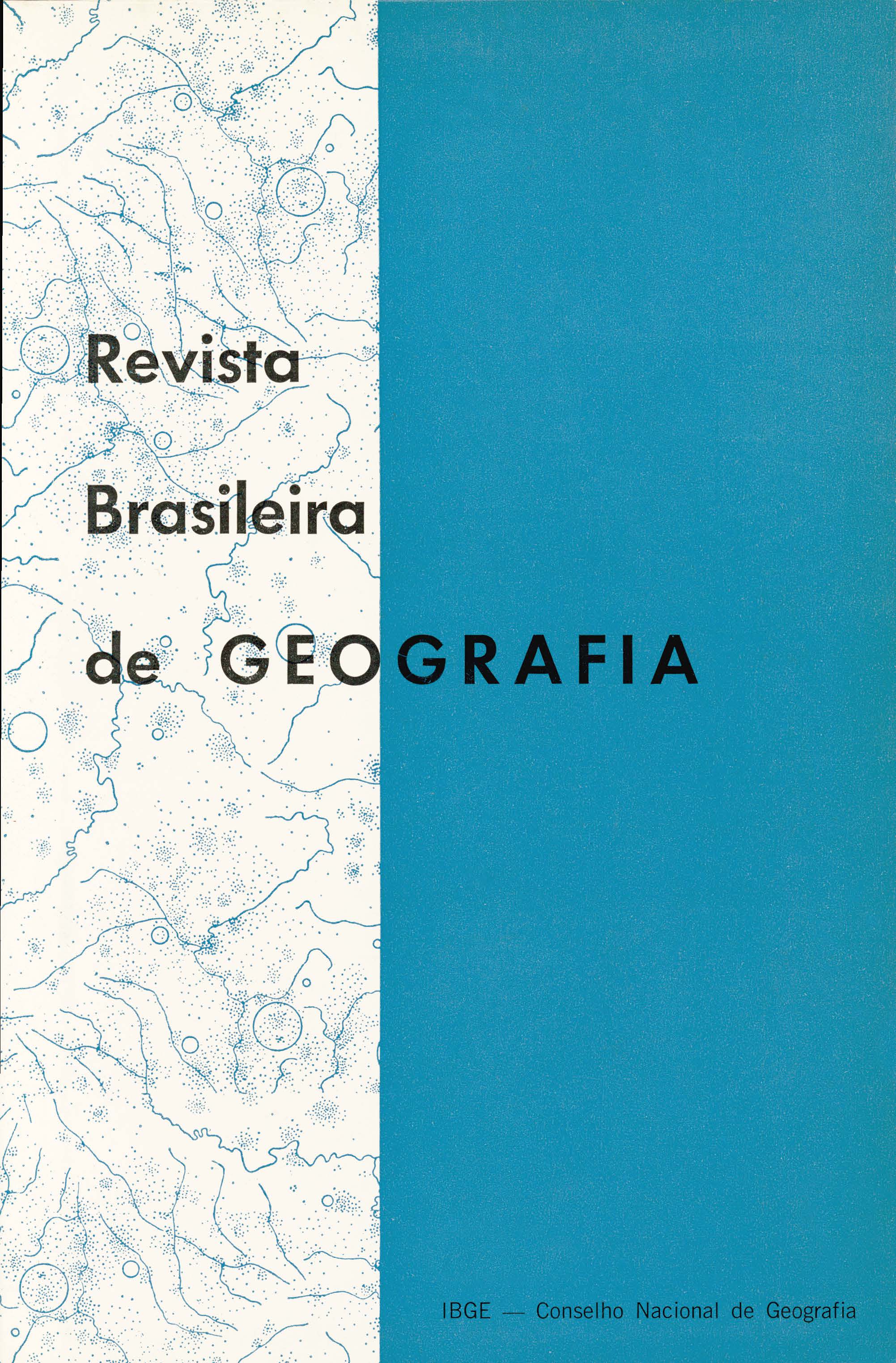Teorização e quantificação na geografia
Palavras-chave:
Geografia quantitativa, Estudo e ensino - Geografia, Filosofia e ciênciaResumo
The so-called "Quantitative Revolution" can be considered today as a "theorizing movement" in Geography, for the adequate use of more sophisticated methods of research demands a greater theoretical and conceptual thought.
The purpose o! this paper is to point out a set of problems, mainly of theoretical nature, faced by geographers as they are asked to analyze and understanding increasingly complex processes.
In order to clear up the discussion about the relationship between theorization and quantification, which is the core of this study, it is presented an evolutionary analysis of different stages of geographical thought. The objective of approaching such relationship ls to provide a philosophical, theoretical and conceptual structure, necessary to a better understanding of the new methods of geographical analysis from both the conceptual and operational points of view.
The author especially deals with theory in Geography, from more general aspects - in its relationship with Social Sciences, inductive and deductive methods - to the new trends of geographical studies that represent attempts to define and redefine the subject matter of Geography: Its physical/human, general/regional, and idiographic/nomothetic dichotomies. Concerning this last aspect, he analyzes the exceptionalism in Geography. Still in reference to the problem of quantification and its relationship with theorization, he discusses the question that may be raised by the application of models and strict methods of statistical analysis, including the really new trends: penetration in a wider aspect of Social Sciences instead of exceptionalist introspection; accuracy and specification; perception as a specific substitute for objective observation, connoting that the objective reality is perceived, not seen. Finally he discusses the importance of the systemic approach as an element essential to Social Sciences. This approach emphasizes the scale - the crucial problem in Geography - that is elevated from a simple arithmetic relationship between the fact observed and the fact mapped, to the understanding of what the spatial process is.






